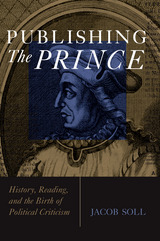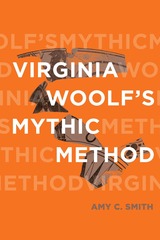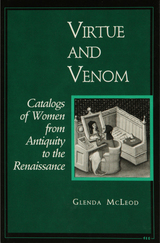
The career of André Malraux has run the political gamut, from Communist to Gaullist alliances. Malraux has been (occasionally simultaneously) aesthete, agitator, and bureaucrat. He is also generally acknowledged to be one of this century’s major novelists and art critics.
In this study, David Wilkinson attempts to discern and define Malraux’s political concepts. The character and unity of those concepts, he argues, is primarily to be found in Malraux’s direct and indirect declarations on the act of creation, the philosophy of art, and the nature of the artist.
“Malraux’s thought is not simple,” Mr. Wilkinson warns in his Preface. “His writing is unsystematic; and his politics has at all times to be disentangled from the intricacies of a genre other than political thought.” In an intensive examination of Malraux’s fiction, essays, and speeches, Mr. Wilkinson delineates Malraux’s conviction that the deepest human needs are those which are cultural rather than, say, economic. The aspirations that were once satisfied by religion are, in a secular world, fulfilled by artistic creation; this creativity, in turn, is fostered by the recognition and appreciation of the objects of culture from all ages and regions, and it therefore devolves upon the state to take as one of its central activities the massive dissemination of these objects.
Mr. Wilkinson’s approach—a chronological dissection of the political themes implicit in Malraux’s work—illuminates the essential continuity and significance of Malraux’s thought and reveals a man who is complex but comprehensible.

As new ideas arose during the Enlightenment, many political thinkers published their own versions of popular early modern "absolutist" texts and transformed them into manuals of political resistance. As a result, these works never achieved a fixed and stable edition. Publishing The Prince illustrates how Abraham-Nicolas Amelot de La Houssaye created the most popular late seventeenth- and eighteenth-century version of Machiavelli's masterpiece. In the process of translating, Amelot also transformed the work, altering its form and meaning, and his ideas spread through later editions.
Revising the orthodox schema of the public sphere in which political authority shifted away from the crown with the rise of bourgeois civil society in the eighteenth century, Soll uses the example of Amelot to show for the first time how the public sphere in fact grew out of the learned and even royal libraries of erudite scholars and the bookshops of subversive, not-so-polite publicists of the republic of letters.
Jacob Soll is Associate Professor of History at Rutgers University.
Cover art courtesy of Annenberg Rare Book Room and Manuscript Library, University of Pennsylvania
Jacket Design: Stephanie Milanowski
"Jacob Soll traces the origins of Enlightenment criticism to the practices of learned humanists and hard-pressed literary entrepreneurs. This learned and lively book is also a tour de force of historical research and interpretation."
---Anthony Grafton, author of Cardano's Cosmos and Bring Out Your Dead
"Brilliant. How the printed page changed political philosophy into investigative reporting, and reason of state into the unmasking of power."
---J. G. A. Pocock, author of The Machiavellian Moment
"Soll's path-breaking study is a 'must read' for all those interested in the history of political thought and early modern intellectual history."
---Barbara Shapiro, University of California Berkeley
"Soll has done [Amelot] and his context justice, writing as he does with a clear, singular, and welcome voice."
---Margaret C. Jacobs, American Historical Review
READERS
Browse our collection.
PUBLISHERS
See BiblioVault's publisher services.
STUDENT SERVICES
Files for college accessibility offices.
UChicago Accessibility Resources
home | accessibility | search | about | contact us
BiblioVault ® 2001 - 2025
The University of Chicago Press









